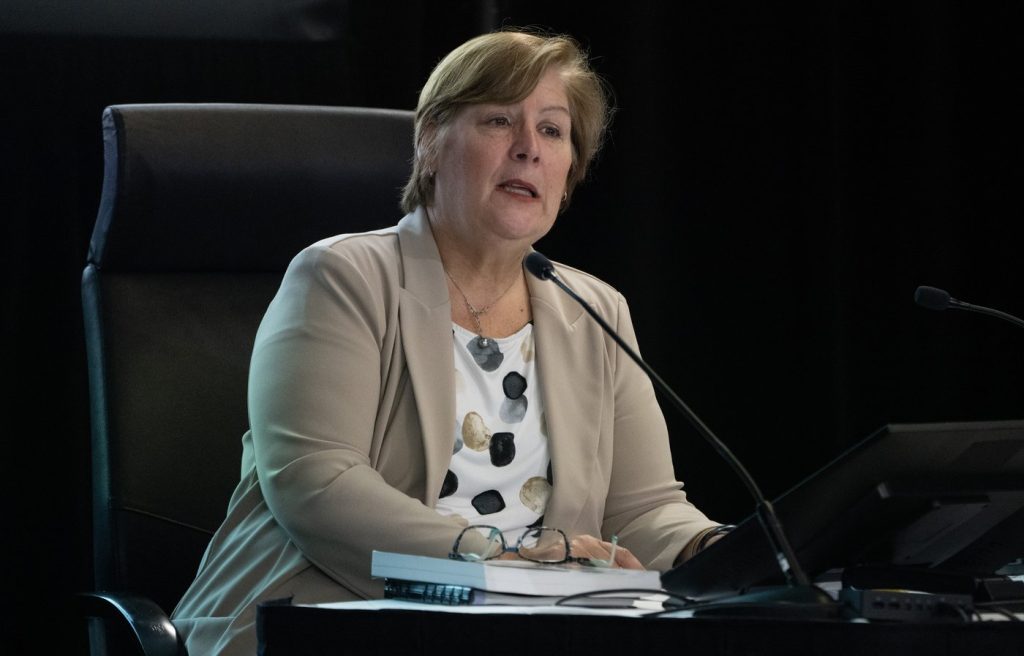OTTAWA – A significant push for enhanced national security measures has emerged from the public inquiry into foreign interference, with a new recommendation for political party leaders in Canada to obtain top-secret security clearances. In her conclusive report, Commissioner Marie-Josee Hogue emphasized the importance of party leaders receiving access to critical security information to better safeguard their respective parties against foreign meddling.
The recommendation comes amid rising concerns regarding foreign interference in Canadian politics, particularly in the context of ongoing global geopolitical tensions. Commissioner Hogue urged that party leaders be encouraged and facilitated to obtain their security clearances promptly after assuming their leadership roles. This measure aims to ensure that they are equipped with the necessary intelligence to navigate and protect their parties from potential threats.
Notably, Conservative Leader Pierre Poilievre stands out as the only party leader who has declined to pursue top-secret clearance. By opting out, Poilievre misses the opportunity to receive direct briefings from national security and intelligence agencies, including the Canadian Security Intelligence Service (CSIS). This detail raises concerns about the vulnerability of his party to foreign influence, as access to such sensitive information is imperative in today’s interconnected political landscape.
The report further recommends that each political party within the House of Commons should guarantee that at least two of its members maintain top-secret security clearance. This stipulation aims to create a robust framework within which parties can operate while being mindful of the risks posed by foreign entities seeking to disrupt Canadian democracy.
During the inquiry, Prime Minister Justin Trudeau provided testimony that brought to light information regarding past and present Conservative members who may be susceptible to foreign interference efforts. This revelation underscores the urgent need for heightened vigilance and proactive measures among all political figures in Canada.
In response to the concerns raised, Prime Minister Trudeau has instructed CSIS to take steps to brief Poilievre, ensuring that he is well-informed about potential risks to his party. This initiative is part of a broader effort to enhance awareness and preparedness among political party leaders, thereby fostering a more secure political environment in Canada.
This report highlights a critical moment in the ongoing dialogue surrounding national security and political integrity in Canada. As the landscape of political interference evolves, the recommendations outlined by Commissioner Hogue serve as a clarion call for political leaders to prioritize security clearance, engage with intelligence services, and collectively work to fortify Canada’s democratic institutions against external threats.










